An intruder has broken into the Rothamsted Research Centre in Hertfordshire, where the UK’s first GM wheat trial is taking place.
The break-in occured on Sunday (20 May) at the Research Centre where a controlled GM wheat experiment is taking place in a bid to reduce pesticide use. Scientists are combining modern genetic engineering with their knowledge of natural plant defences to test whether wheat that can repel aphid attacks works in the field.
A statement released by the Research Centre explained an intruder “caused significant, random property damage, but failed to disrupt the experiment in this attack”. Officers from Hertfordshire Constabulary have arrested and charged the man with criminal damage.
Maurice Moloney, director at Rothamsted Research Centre, said: “This act of vandalism has attempted to deny us all the opportunity to gather knowledge and evidence, for current and future generations, on one possible technological alternative approach to get plants to defend themselves and therefore reduce pesticide use."
The National Farmers Union (NFU) believes protest group Take the Flour Back is planning a mass protest at the site next weekend.
Peter Kendall, NFU president, said: “I am sorry to say that there still is a widespread view that farming is a low-skilled, low-tech backward-looking industry. The truth is that much of British agriculture is using cutting-edge technology and the application of science will determine our future.
“In passing, I have to condemn the scandalous attempts over the weekend to destroy the trials of GM wheat at Rothamsted. This is criminal, and must be dealt with as such. It’s worse than that. It is the wilful imposition of ignorance, directly comparable to Nazi book-burning in the 1930s. Those who have incited this activity, under the guise of a peaceful demonstration, should hang their heads in shame.”
The trial has been approved by independent government advisory group, the Advisory Committee on Releases to the Environment, which said it was "satisfied that all appropriate measures have been taken to avoid adverse effects to human health and the environment from the proposed release” last September.
The Real Bread Campaign delivered a pledge to the government last year from more than 350 bakers, millers, farmers and consumers not to sell or buy GM wheat. It was accompanied by a letter to Caroline Spelman MP, Secretary of State for the Environment, Food and Rural Affairs, expressing deep concerns about the testing of GM wheat
Chris Young, of the Real Bread Campaign, said: “The Real Bread Campaign finds ways to make bread better for us, better for our communities and better for the planet. We cannot see how GM technology fits with any of these aims.”







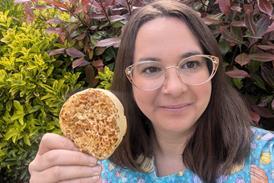
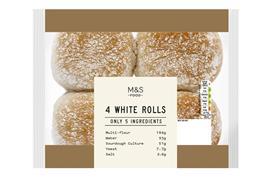







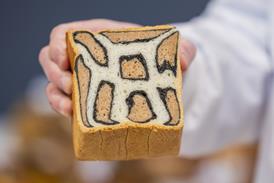

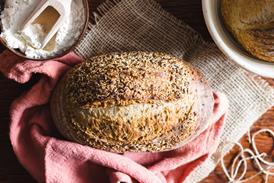

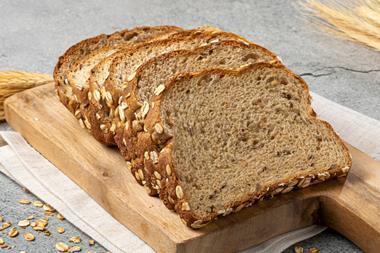
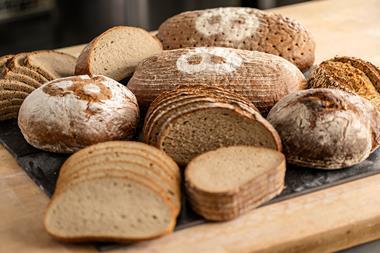

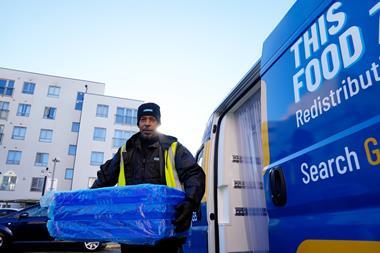

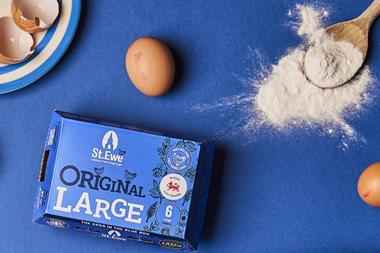
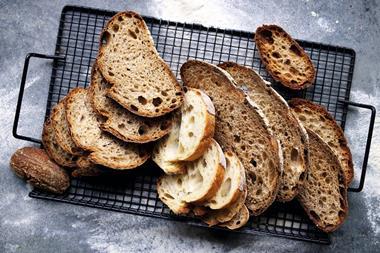


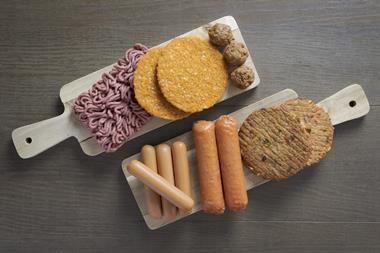


No comments yet